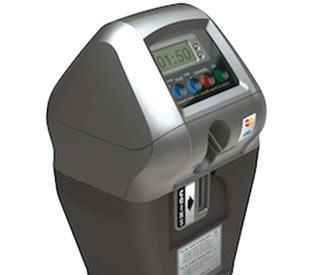San Francisco Municipal Transportation Agency staff and Director Ed Reiskin today unveiled a two-year budget proposal that avoids Muni fare increases or service cuts and directs more money to address the transit system’s deferred maintenance needs, but it relies on substantially increasing parking meter revenues in ways that have been tough sells before.
In addition, the budget proposal – which will be considered by the SFMTA Board of Directors on Tuesday – is seeking labor concessions to lop off another $7 million, which will still need to be negotiated with the militant Transport Workers Union Local 250A. That won’t be easy, but Reiskin made a good first move by recently canning 10 of the agency’s top-paid executives en route to saving $2 million per year just in management salaries.
But the parking meter proposals are likely to stir a hornet’s nest of angry motorists who have come to expect free street parking. Reiskin is proposing to eliminate the free parking on Sundays, making drivers pay for parking between noon and 6 pm. And he wants to add another 500 parking meters.
Both are good ideas for an agency that desperately needs the money, and it has done studies showing that businesses and motorists would benefit from the charges making parking spots more readily available. But each time the SFMTA has tried to implement these proposals – trying to do Sunday meter hours in 2009 and trying to add hundreds of new meters in the Mission and Potrero Hill earlier this year – the torches and pitchforks came out and agency officials sulked off to lick it wounds.
But Reiskin says this is what the city needs to do. An SFMTA press release labels the proposals “modernizing antiquated parking policies, and Reiskin says, “While we’ve made tough decisions in order to develop a responsible, balanced budget, we are doing everything we can to avoid fare increases and service cuts. These proposals reflect our commitment to the city’s Transit First policy and allows for improvement in all modes of transportation.”

